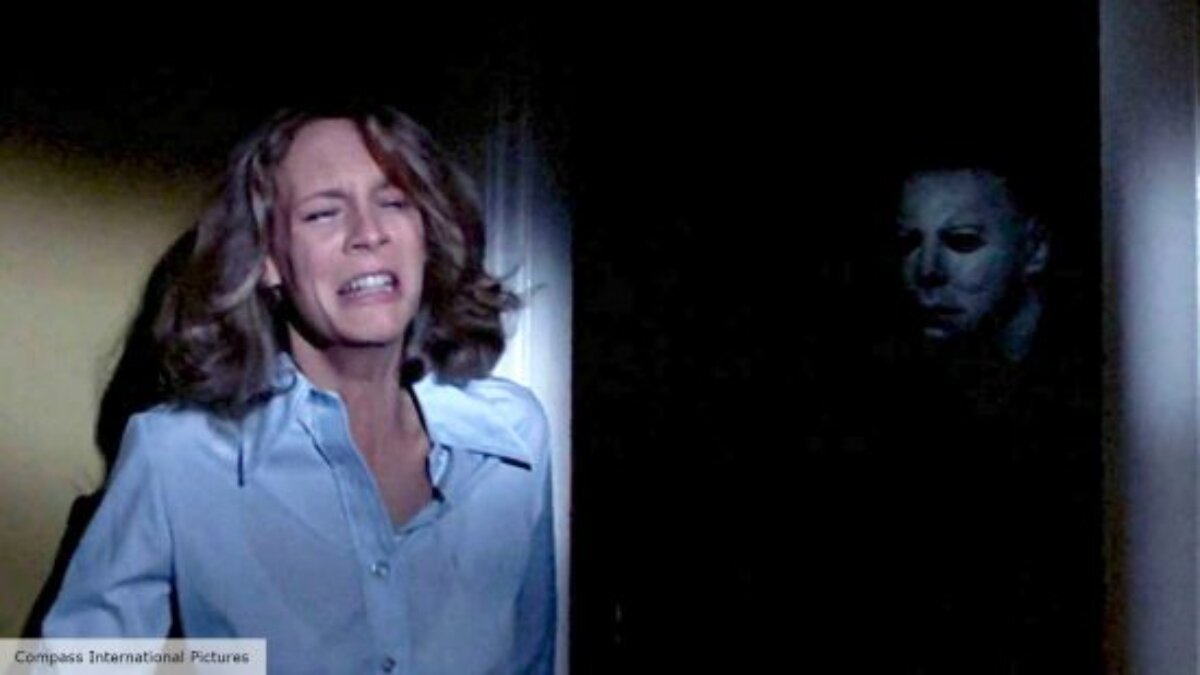There exists a longstanding association between horror movies and the festive holiday season, an intriguing link where the cheer of Christmas paradoxically intertwines with themes of bloodshed and darkness. It’s almost as though the jubilation of this time of year invites a contrast of chilling narratives—like some kind of natural law, where for every joyous action, there’s an equal and opposite reaction that manifests in the eerie and macabre. This connection is so conspicuous that it’s suggested that the iconic slasher film, Halloween, helmed by John Carpenter, could have potentially been a sequel to the holiday-themed classic, Black Christmas.
Black Christmas stands as a noteworthy example within the slasher genre, emerging several years prior to the widespread acclaim of Halloween, which truly popularized this style of horror. Though approaching its 50th anniversary, Bob Clark’s depiction of a sorority house plunged into chaos and terror remains one of the finest horror films ever crafted. Clark revealed an intriguing tidbit: his collaboration with John Carpenter inadvertently served as inspiration for Halloween, a cinematic masterpiece featuring the relentless killer, Michael Myers.
In an interview with Icons of Fright, Clark recalled his exchange with Carpenter: expressing his disinterest in crafting a sequel to Black Christmas, citing a desire to move away from the horror genre. However, when queried about a hypothetical sequel, Clark envisioned a narrative where the events transpired a year later, with the antagonist having been captured, escaping from a mental institution, and returning to the same location to reignite the horrors. In essence, this idea laid the groundwork for what eventually became Halloween.
The iconic face-off between Jamie Lee Curtis’s character and Michael Myers might never have materialized if not for the conceptual seed planted in Black Christmas.
Despite the thematic parallels and influence, Clark maintained that Carpenter didn’t plagiarize Black Christmas when crafting Halloween. He emphasized Carpenter’s unique contribution—writing, directing, and casting the film as his own horror creation. According to Clark, the script for Halloween already bore that title when it landed with Carpenter, despite acknowledging Carpenter’s possible inspiration from Black Christmas. Clark clarified that while others had contemplated making a film titled Halloween, Carpenter’s version stood as an original entity.
Regardless of the origins of Halloween, Carpenter undeniably propelled the slasher genre into the mainstream with his gripping and suspenseful work. However, there remains a sentiment that Black Christmas, too, deserves recognition as a pioneer within the early wave of slasher films—an unsung hero of its time.


